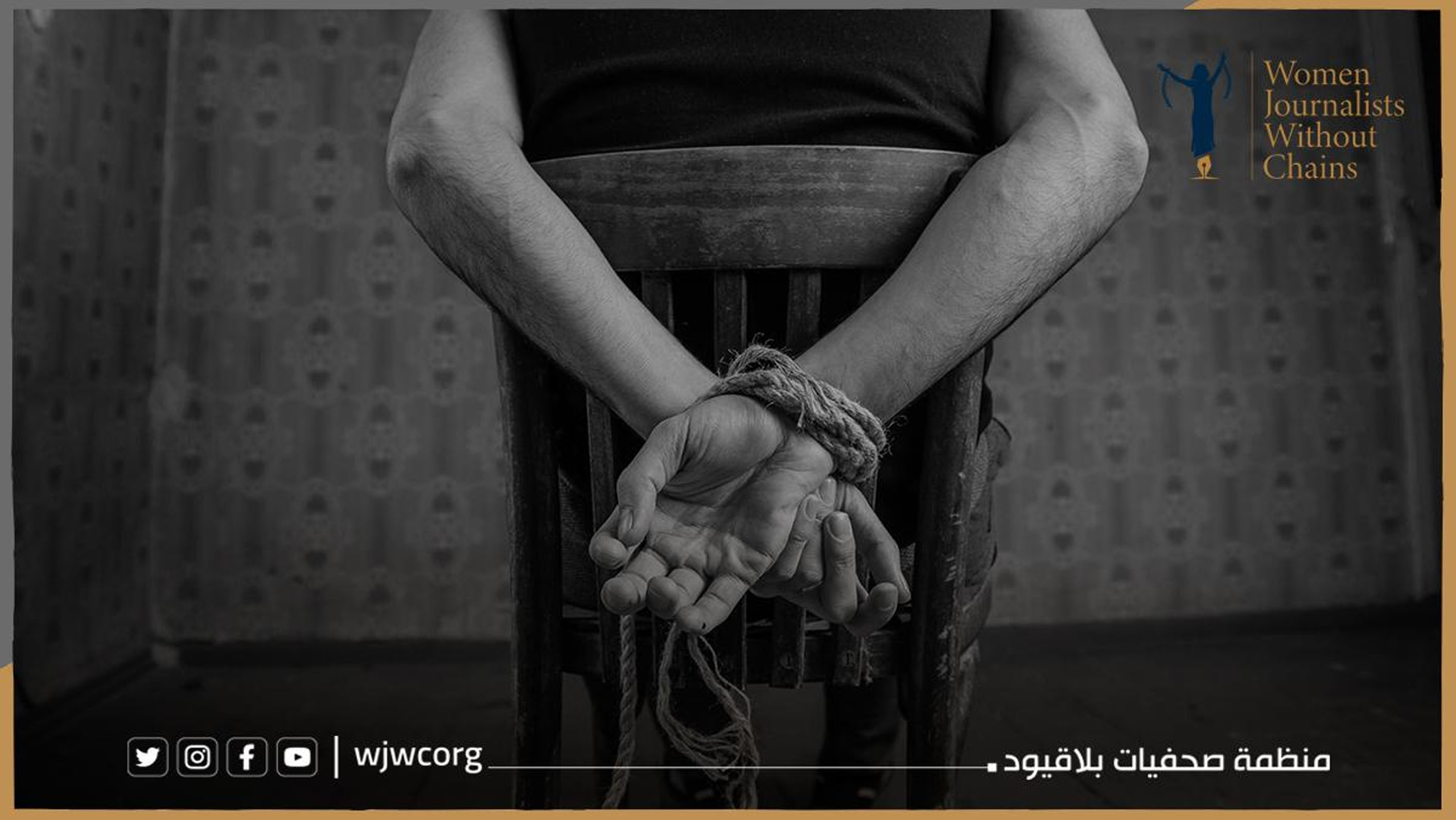Wjwc News

Torture: A Systematic Tool to Suppress Free Press in MENA
On the International Day in Support of Victims of Torture, Women Journalists Without Chains highlighted the grim reality faced by journalists in the Middle East and North Africa (MENA) region,
regardless of their gender. Despite official assurances to refrain from torture, journalists continue to suffer brutal treatment and indignity.
The UN International Day in Support of Victims of Torture, observed annually on June 26th, commemorates the anniversary of the Convention against Torture and Other Cruel, Inhuman or Degrading Treatment, which came into effect in 1987. This landmark international agreement, with 173 countries participating, is a crucial instrument in the global fight against torture. The systematic and widespread use of torture is universally recognized as a serious crime against humanity.
Nearly four decades since the Convention’s inception, torture remains a tool in the MENA region to suppress information, hinder journalistic investigations, and obstruct the exposure of corruption and misconduct by authorities. Many journalists, both male and female, remain imprisoned in the region, enduring torture and degrading treatment. It is essential to stop the detention of journalists, ensure their immediate and unconditional release, and hold those responsible for these violations accountable.
Women Journalists Without Chains fully supports all individuals, particularly journalists, bloggers, and opinion writers, who have faced or continue to face torture while performing their vital work of informing the public. Upholding the United Nations Convention against Torture, especially Article 4, which criminalizes the torture of detainees, is crucial. Granting the United Nations Special Rapporteur on Torture access to visit prisons in the MENA region, inspect the conditions of journalists and prisoners of conscience, and fulfill international obligations is imperative.
Tawakkol Karman, the Nobel Peace Prize-winning head of Women Journalists Without Chains, called on all nations to collaborate with United Nations entities and civil society organizations to eradicate the impunity enjoyed by perpetrators of torture against journalists, regardless of gender.
Karman stated, "The objective of torture is to systematically crush the victim's identity, demean their human dignity, and it frequently targets journalists, human rights activists, and union leaders. These individuals are seen as symbols of invincibility and resilience within societies. Consequently, the ultimate goal of torture is to permanently shatter the wings of a free press and instill fear in societies, discouraging open discussions on public matters."
Emphasizing the urgent need for action, Karman stressed the importance of concerted efforts by states, United Nations bodies, and international organizations to support torture victims and ensure their right to rehabilitation and redress. She urged all journalists who have endured torture not to remain silent, as the perpetrators of these brutal crimes must face legal consequences. She called on them to unite in the pursuit of justice.
While most Middle Eastern and North African countries, except Iran, have ratified the Convention against Torture, only a minority have acceded to its Optional Protocol. This protocol allows independent international and national bodies to inspect detention facilities and prevent torture and other cruel treatment. Currently, only Lebanon, Mauritania, Morocco, South Sudan, the State of Palestine, Tunisia, and Turkey have ratified the Optional Protocol.
Women Journalists Without Chains urges all countries in the region to join the Optional Protocol and grant international and local inspectors access to penal facilities. This crucial step would help end the barbaric practice of torture against prisoners.
Released by:
Women Journalists Without Chains
June 26, 2024
